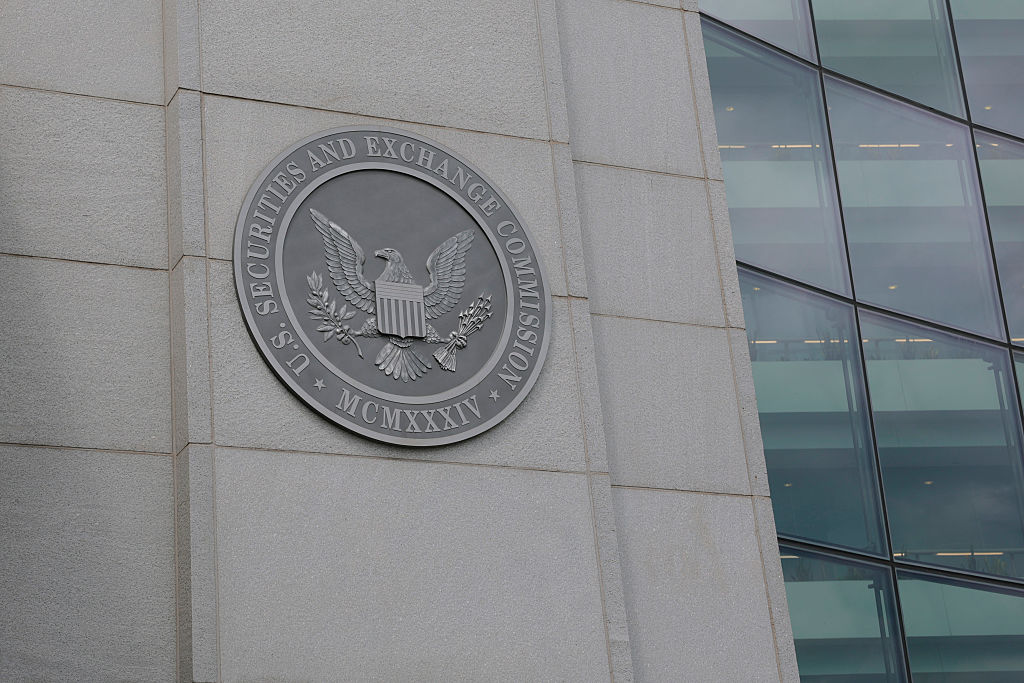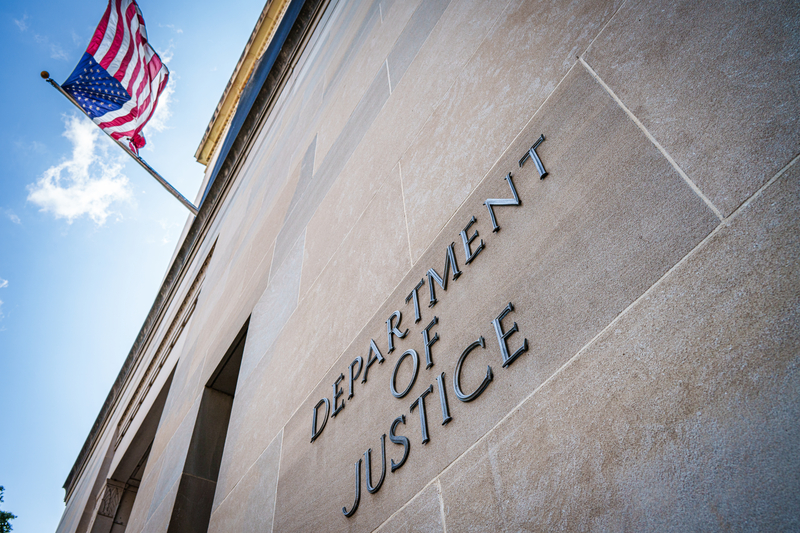Many commentators have speculated about the direction white-collar enforcement may take under President Trump’s second term. A May 12 memorandum from Matthew R Galeotti, Head of the Department of Justice’s (Department) Criminal Division, sheds light on the Department’s evolving approach. The memorandum, titled Focus, Fairness, and Efficiency in
Register for free to keep reading
To continue reading this article and unlock full access to GRIP, register now. You’ll enjoy free access to all content until our subscription service launches in early 2026.
- Unlimited access to industry insights
- Stay on top of key rules and regulatory changes with our Rules Navigator
- Ad-free experience with no distractions
- Regular podcasts from trusted external experts
- Fresh compliance and regulatory content every day












